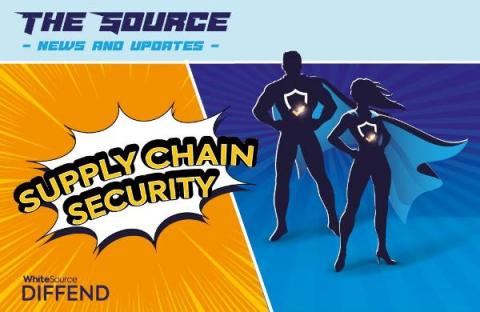The Future of Vulnerability Management Programs
According to the National Vulnerability Database (NVD), the number of new security vulnerabilities increases steadily over the past few years. Image source: NVD The consistent rise in the number of security vulnerabilities along with headline-catching exploits like the SolarWind supply chain attack earlier this year has organizations doubling down on vulnerability management programs to ensure that they are not exposed to malicious attacks.











